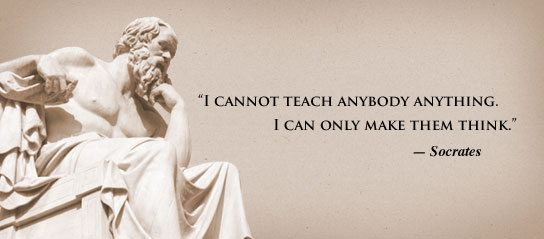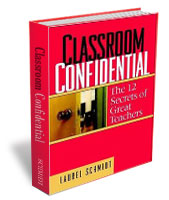The Inquiry Approach


Guess who's coming to the museum?
Every day you open your doors and the world pours in hoping for something out of the ordinary. So the big challenge for museum educators and docents is to:

Laurel's book, Classroom Confidential is one of my most valued teaching resources. I refer to it often in the development of professional programs and highlight it as a must read for all teachers interested in incorporating inquiry based teaching into their practice.
Lisa MazzolaLaurel has written extensively about the value of inquiry which she describes "a brain-friendly, give-and-take-ish way to pursue learning that stimulates thinking, talking, puzzling, risking and debating. Participants construct meaning for themselves by interacting with others and they're often triumphantly surprised by their discoveries."
"Inquiry is the opposite of those didactic monologues where large shipments of information are delivered to listeners who are apparently 'learning'. In reality, many simply gaze in the approximate direction of the speaker and silently refuse delivery."
Download a printable PDF version
Get the Whole Picture
The chapter Great Teachers Don't Take No (or Yes) For An Answer appears in Classroom Confidential: The 12 Secrets of Great Teachers by Laurel Schmidt. It is available in Paperback and E-Book at Heinemann.com. (ISBN 978-0-325-00660-4 / 0-325-00660-1 / )